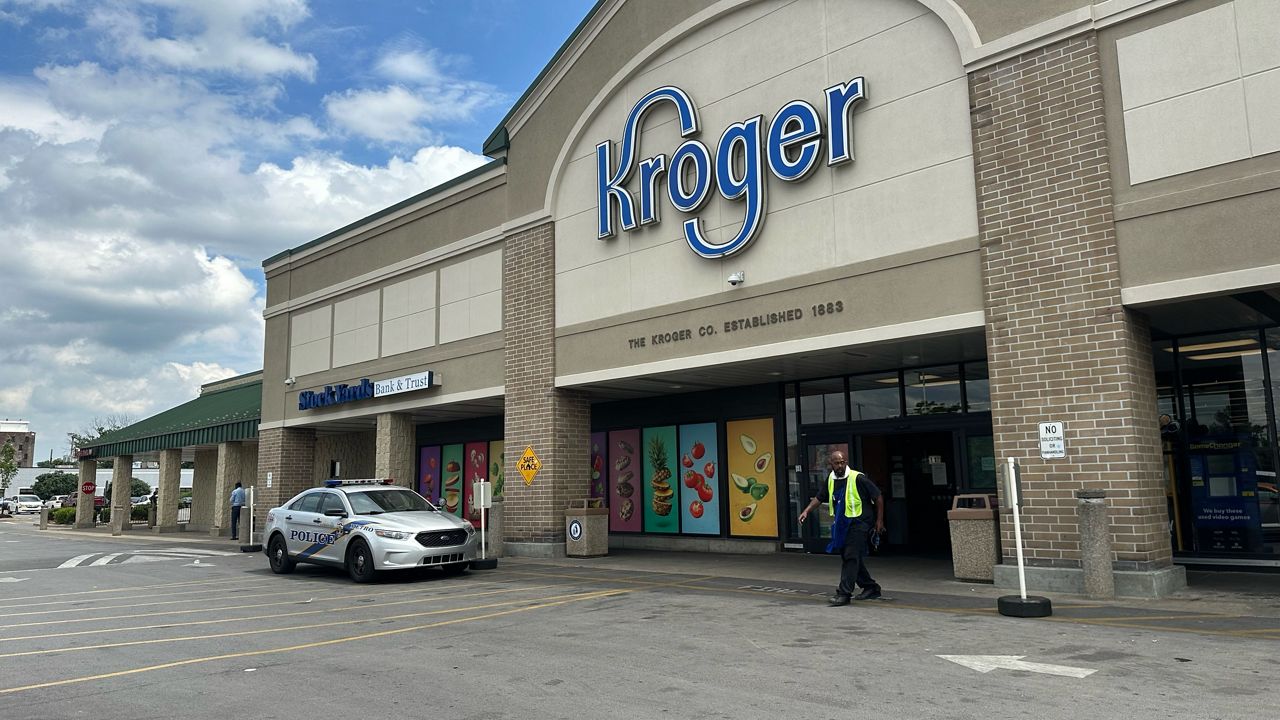COLUMBUS, Ohio — Ohio’s attorney general is asking a U.S. District Court in Oregon to allow an acquisition of Albertsons by Kroger to proceed after the Federal Trade Commission has attempted to stop the grocery store merger.
“The FTC’s tunnel vision in this case risks chilling the very competition that it seeks to protect,” Ohio AG Dave Yost said in a press release. “A full view of the competitive landscape shows no reason to delay this deal further.”
Kroger is based in Cincinnati, Ohio, and Albertsons in Boise, Idaho.
Yost was joined by attorneys general from three other states—Alabama, Georgia and Iowa—in an amicus brief they filed with the court, where they argued the FTC’s argument “is based on a flawed understanding of the marketplace in which the two retailers operate.”
Meanwhile, the FTC is joined by eight states plus Washington, D.C. The FTC claims the $24.6 billion acquisition is anticompetitive.
In their own press release from February, the agency said the deal would remove competition between the grocery chains, thus causing higher prices and lessening quality/service.
“This supermarket mega merger comes as American consumers have seen the cost of groceries rise steadily over the past few years. Kroger’s acquisition of Albertsons would lead to additional grocery price hikes for everyday goods, further exacerbating the financial strain consumers across the country face today,” said Henry Liu, director of the FTC’s Bureau of Competition, in the release. “Essential grocery store workers would also suffer under this deal, facing the threat of their wages dwindling, benefits diminishing, and their working conditions deteriorating.”
Yost and the other attorneys general included on the amicus brief do not agree with the claims by the FTC, claiming it’s an FTC policy goal to block large grocery chain mergers.
The release from Yost says Kroger would divest from stores in areas with “overlapping operations.” In the brief, it is argued that the retailers have more than 5,000 stores in the U.S. and that only 10% overlap.
They also claim in the brief that the FTC too narrowly interprets the term supermarkets as they do not include places like Costco, Whole Foods, Aldi and online shops.
“By relying on this flawed definition, the brief says, the FTC incorrectly assumes that consumers would have nowhere else to turn if a hypothetical supermarket monopoly raised its prices,” the release reads. “The brief adds that the FTC itself, in a case from 1983, rejected ‘supermarkets’ as a market definition.”



